Trump’s Oval Office Ambush Backfires, Boosting Ramaphosa’s Image at Home
South Africa’s President Cyril Ramaphosa may have been publicly rebuked in Washington, but his composure in the face of Donald Trump’s hostile theatrics could pay off politically back home.What was meant to humiliate may end up strengthening.
President Cyril Ramaphosa travelled to Washington this week hoping to secure renewed US trade ties and calm rising tensions after months of friction with Donald Trump. Instead, he walked straight into a political ambush.
In a highly orchestrated Oval Office meeting, Trump attacked Ramaphosa with widely discredited claims that white South Africans, particularly Afrikaner farmers, are victims of state-backed violence. The moment went viral, with millions watching live as Trump aired controversial footage of opposition leader Julius Malema singing his inflammatory song “Shoot the Boer.”
The performance was meant to embarrass. Yet Ramaphosa’s response — calm, measured, and diplomatic — has drawn widespread praise inside South Africa, even from some critics.
While he was criticized by a few for not confronting Trump more forcefully, many noted that his restraint reflected the experienced negotiator South Africans have long known him to be.
A Coalition Under Strain
Ramaphosa returns home to a deeply troubled political landscape. The African National Congress (ANC), his party, leads a shaky coalition government — the Government of National Unity (GNU) — alongside 10 other parties after it failed to win a majority in the last national election.
The GNU has been plagued by internal disputes over controversial reforms in land ownership and healthcare, and a contentious budget that nearly fractured the coalition earlier this year. With a stagnating economy, high unemployment, rampant crime and corruption, and deteriorating infrastructure, the president faces crises on every front.
Ramaphosa himself is under pressure within his own party. The ANC is heading into a high-stakes elective conference in 2027, with internal factions already jostling for control and new leadership.
The Trade Deal That Wasn't
Ramaphosa’s Washington visit had a clear goal: secure the renewal of the African Growth and Opportunity Act (Agoa), which gives South African goods duty-free access to US markets. It’s a lifeline for the country’s fragile economy.
But trade talks were quickly sidelined by Trump’s tirade. The prospect of losing Agoa under a possible second Trump presidency now looms large, especially given Trump’s protectionist stance and the influence of right-wing interest groups like Afriforum.
Domestic Silver Linings
Despite the diplomatic drama, Ramaphosa may come out stronger at home. His statesmanlike posture — quiet but firm — reminded many South Africans of his roots as a unifier.
Ramaphosa was a key negotiator in the dismantling of apartheid in the early 1990s. He also helped steer South Africa through the Zuma-era state capture crisis, the COVID-19 pandemic, and the ANC’s recent electoral collapse. His experience in diffusing high-stakes tension once again showed in Washington.
“He excels in high-pressure environments,” says Verashni Pillay, editor and founder of explain.co.za. “He’s been at the table when real blood was on the streets. That’s why he looked so composed.”
A recent poll from the Social Research Foundation indicates that Ramaphosa remains the ANC’s most valuable political asset. Without him, support for the party would likely collapse further.
Optics and Strategy
There was also strategic choreography on South Africa’s side. Democratic Alliance (DA) leader John Steenhuisen and billionaire Johann Rupert — both white South Africans and prominent GNU partners — publicly countered Trump’s claims in Washington. The message was clear: South Africa’s government includes voices across racial and political lines.
“The GNU showed up as a united front,” says University of Pretoria political analyst Itumeleng Makgetla. “It was great political theatre — and that translates into political capital.”
Pillay agrees. “If the ANC had been alone in that room, the message would have fallen flat. But showing a multi-party, multiracial coalition standing together — that’s a strong image.”
The Fringe Reaction
Trump’s stunt also thrust firebrand opposition leader Julius Malema back into the spotlight. Malema’s controversial rhetoric was used by Trump to support a narrative of white genocide in South Africa — a claim widely debunked.
Some analysts believe the exposure may bolster Malema and the radical Economic Freedom Fighters (EFF) or Zuma’s MK party, both of which appeal to voters hungry for rapid, radical change.
But Pillay disagrees: “Malema’s politics may be entertaining, but they haven’t translated into votes. Most South Africans don’t want their country to burn down.”
As for Afriforum, the Afrikaner lobby group that helped fuel Trump’s claims, the backlash at home has been severe. Many South Africans, even Afrikaners, are dismayed by what they see as an effort to racialize South Africa’s challenges for foreign attention.
“Afriforum has hurt the cause of Afrikaners by framing it in racial terms,” says Pillay.
Conclusion: A Reset of a Different Kind
Ramaphosa may not have walked away with a trade deal, but he may have gained something less tangible and more valuable: a political reset.
His conduct this week reminded South Africans why he has so often been at the center of the country’s most pivotal moments. Despite his critics, Ramaphosa remains a stable, calming figure in an increasingly volatile political environment.
As Pillay puts it: “What happened in the Oval Office has reinforced the idea of: ‘If not Ramaphosa, then who?’”


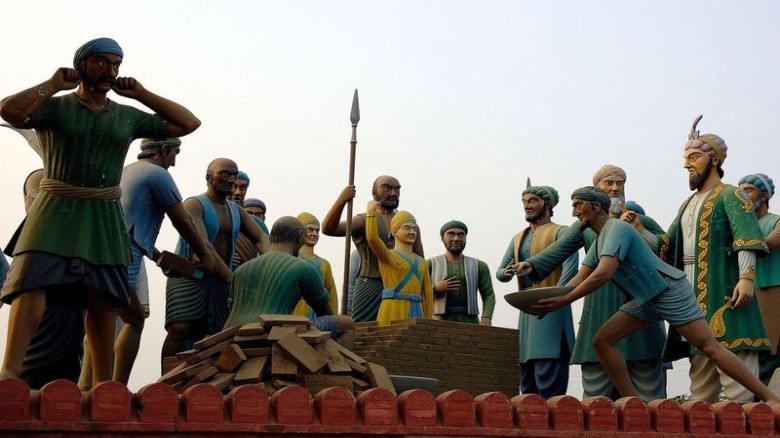
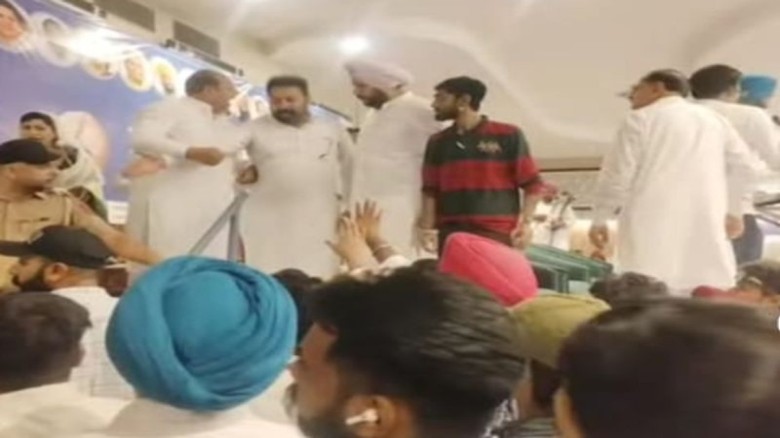
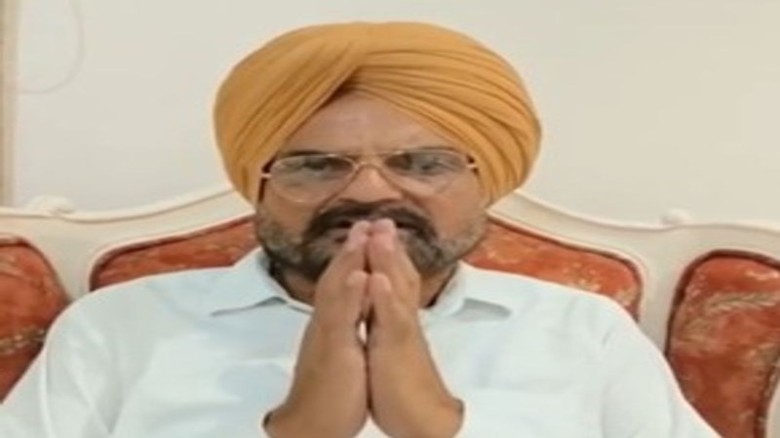
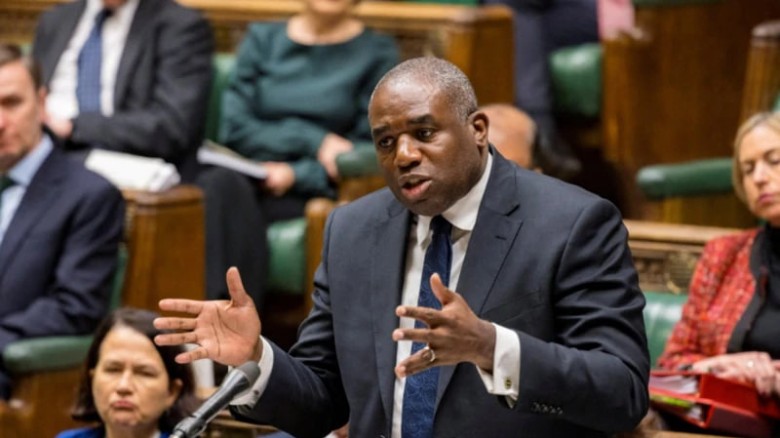
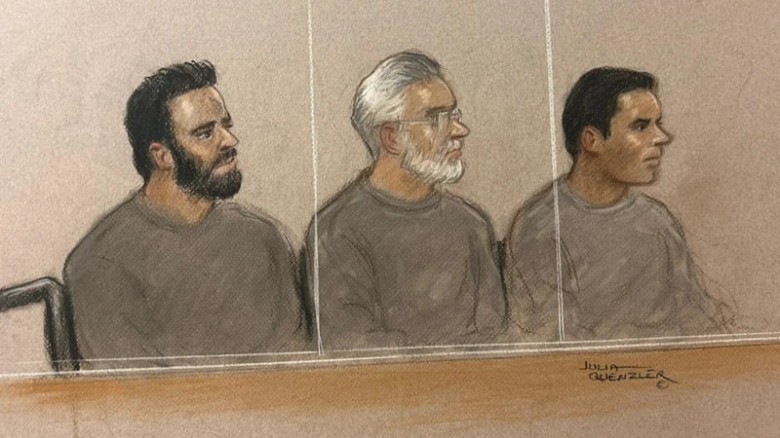


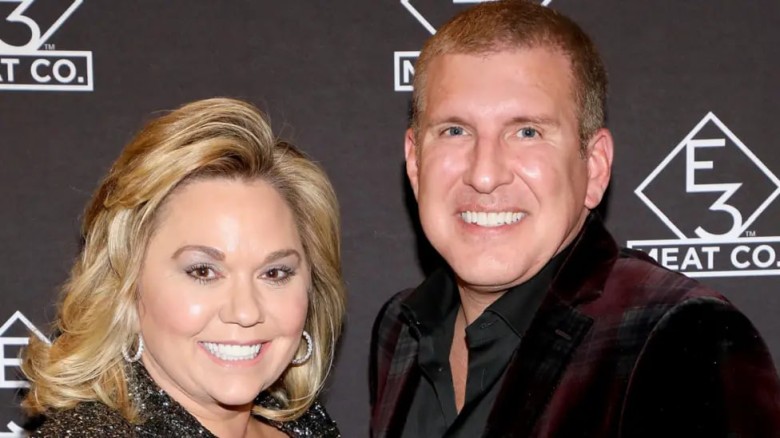
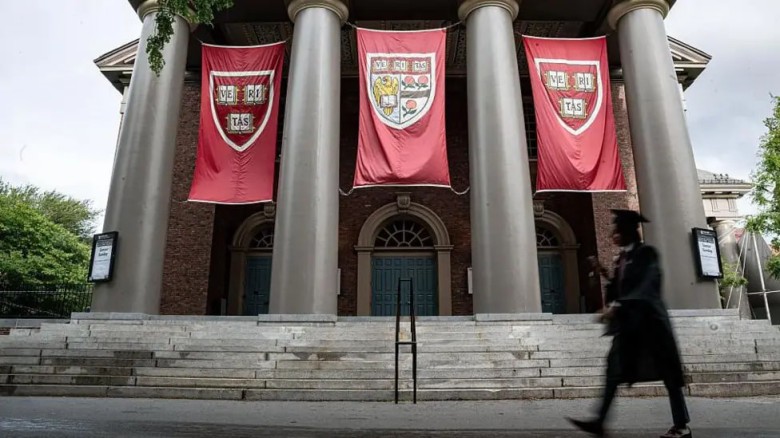

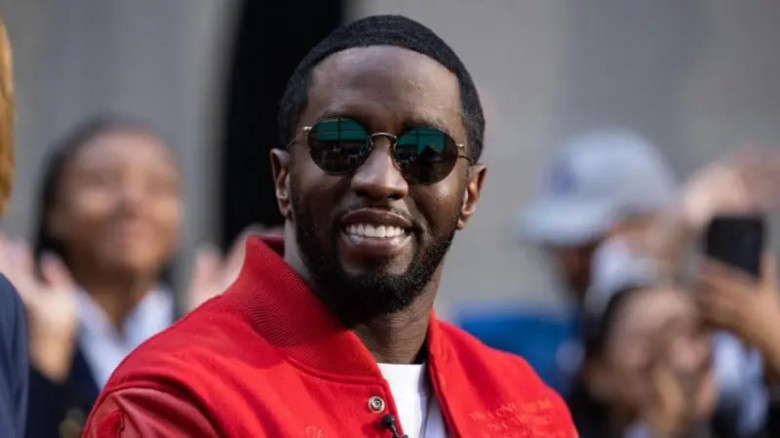
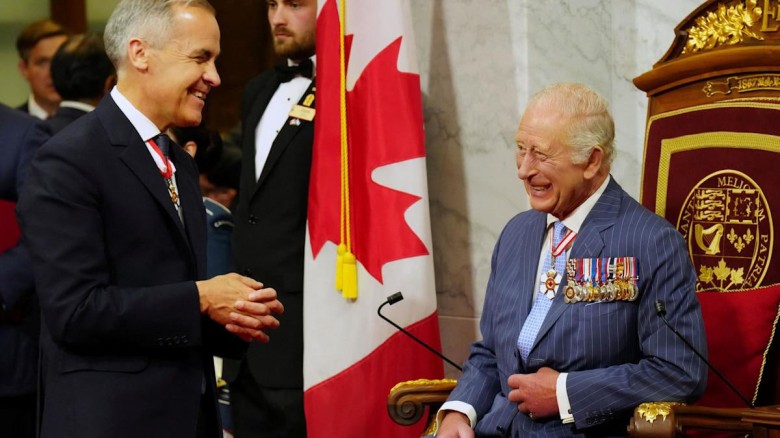
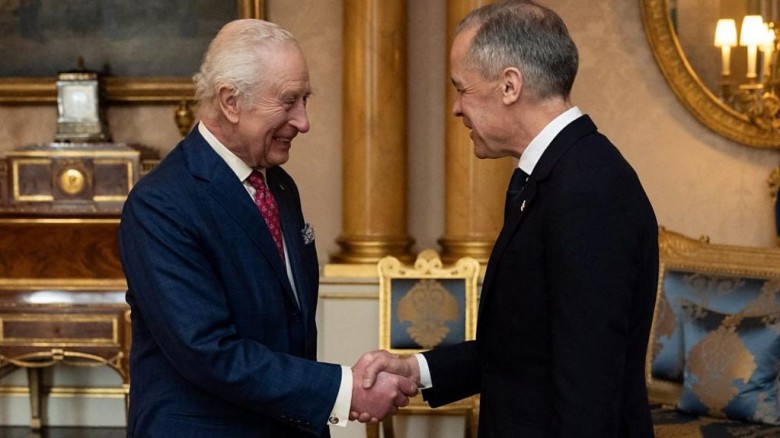


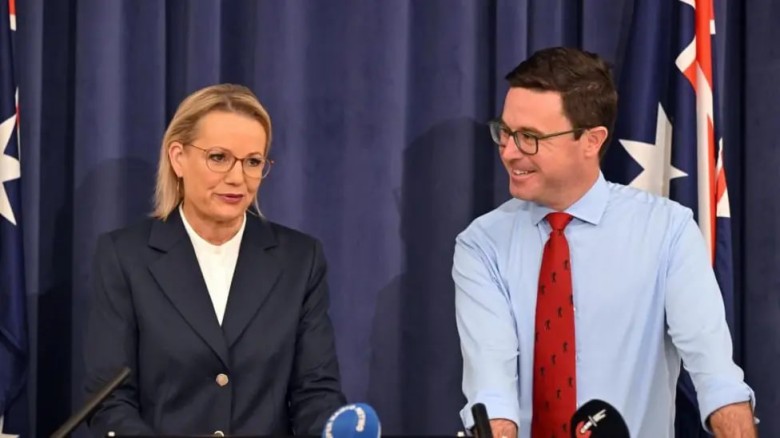


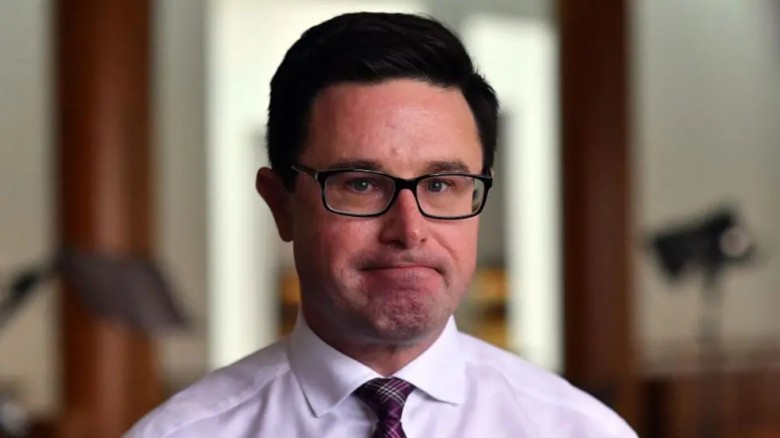
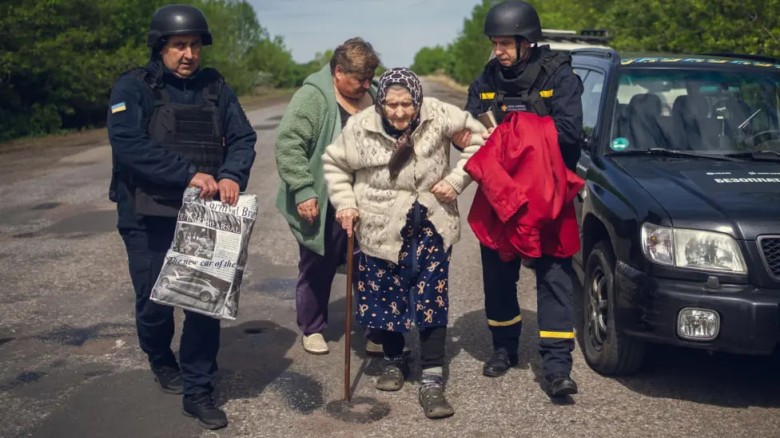
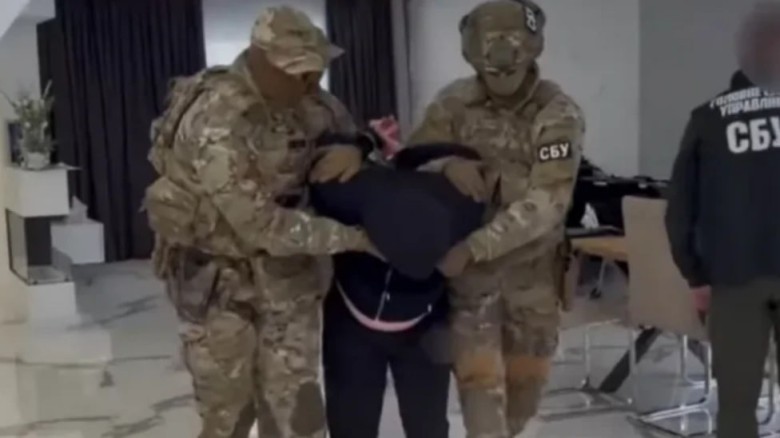
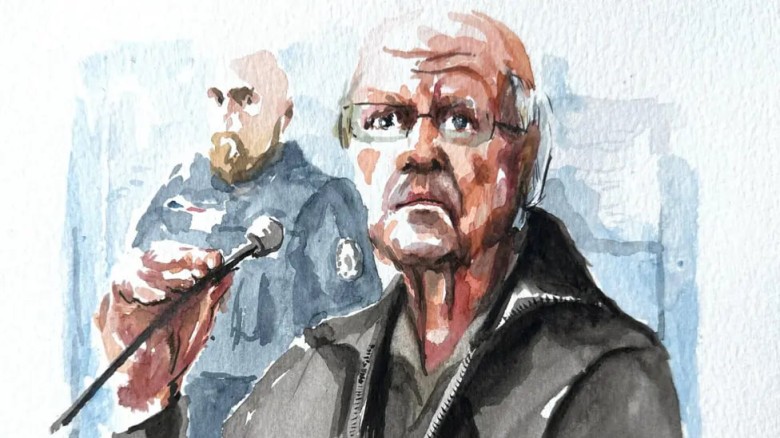
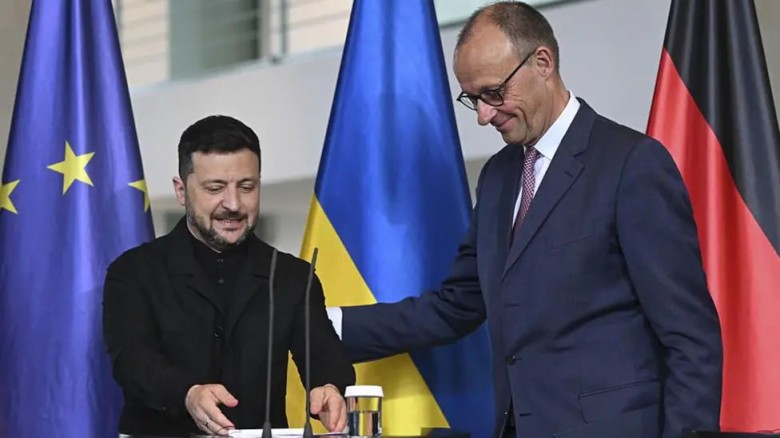
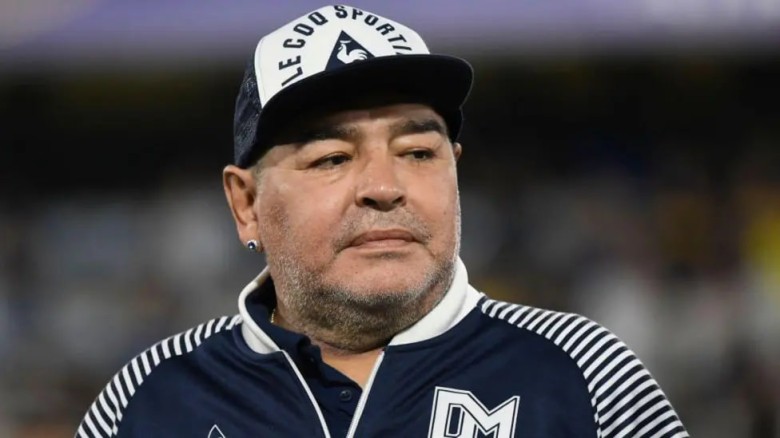
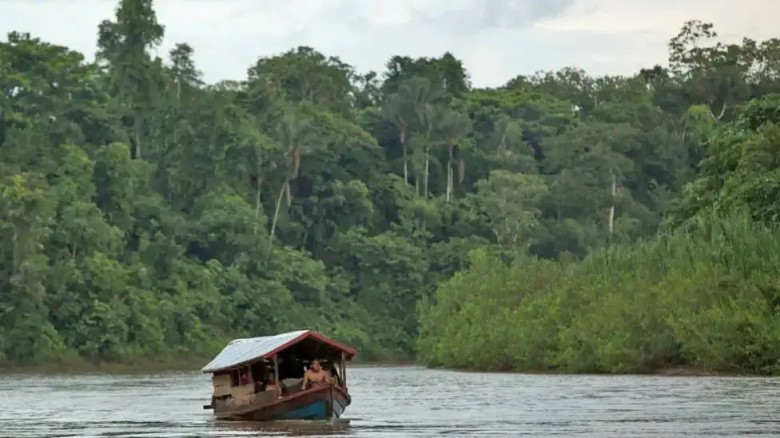
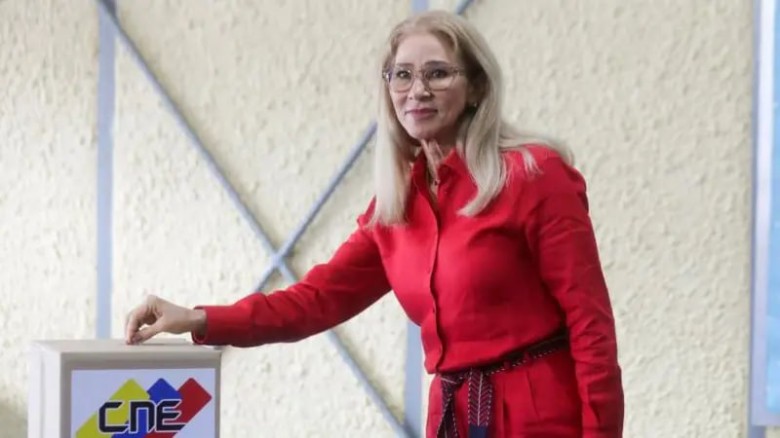

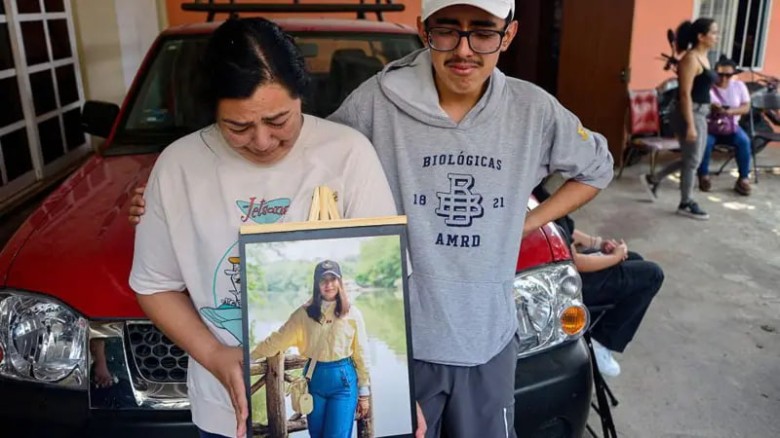








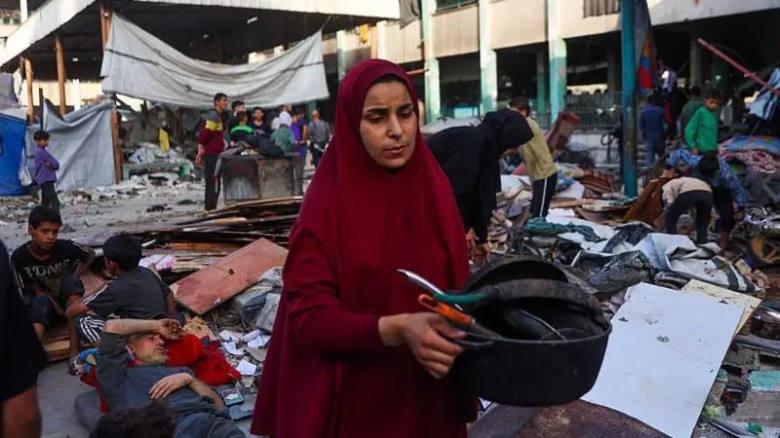
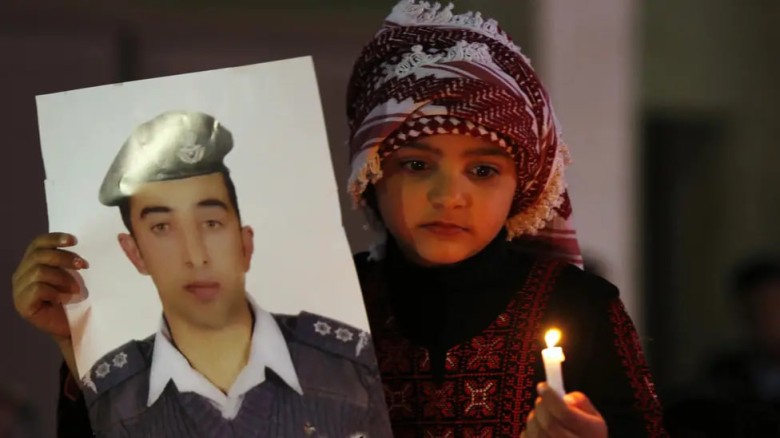
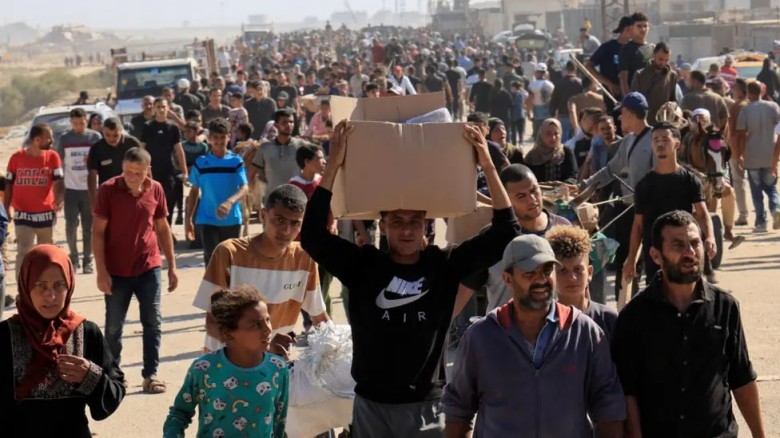
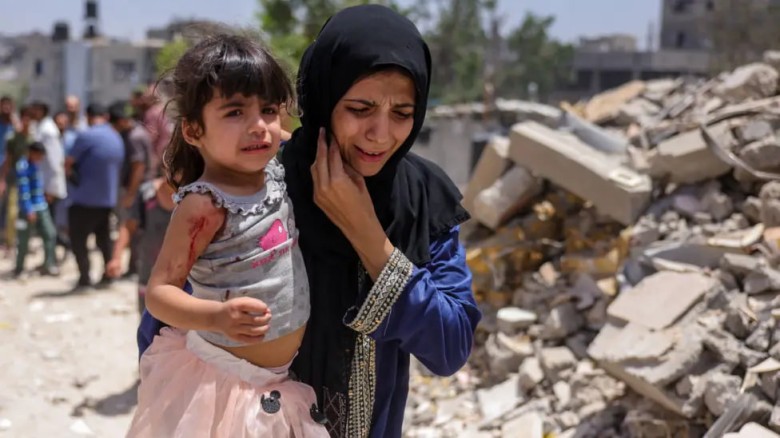







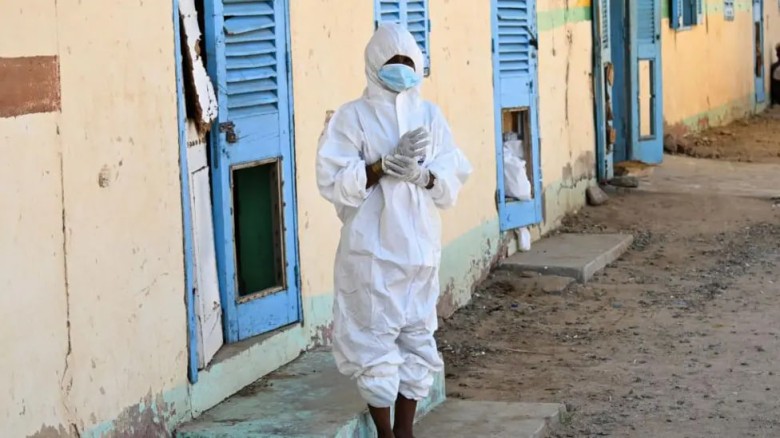
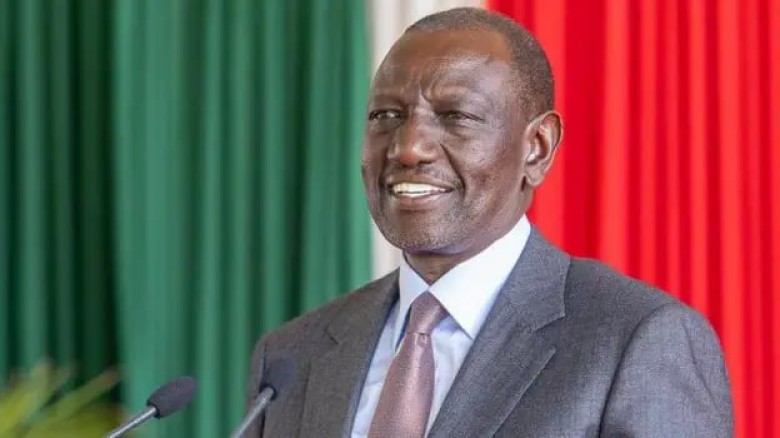
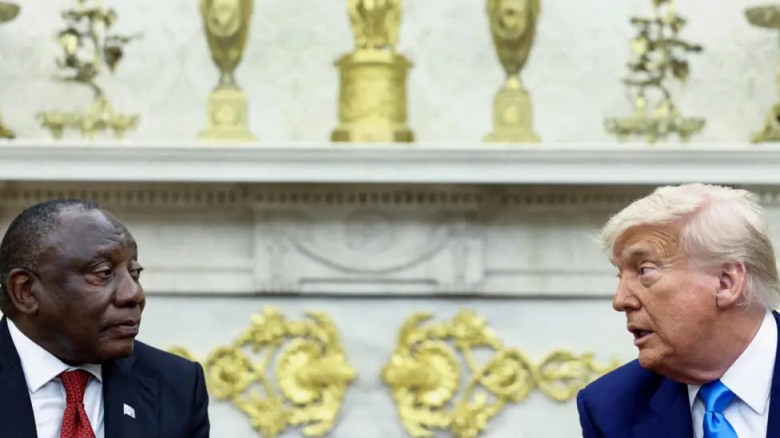
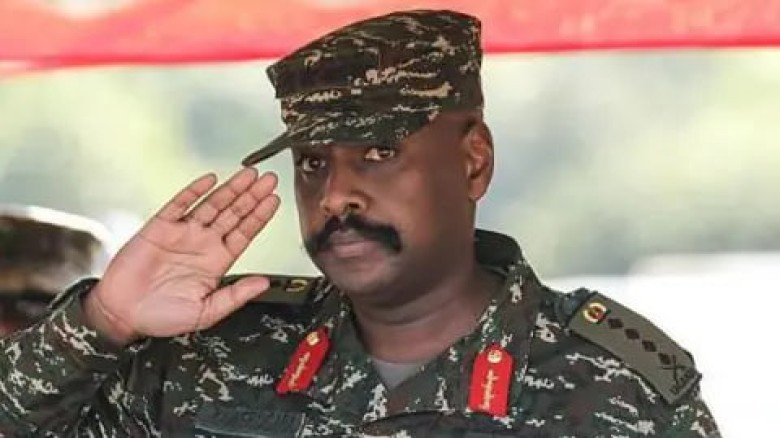



















Leave A Comment